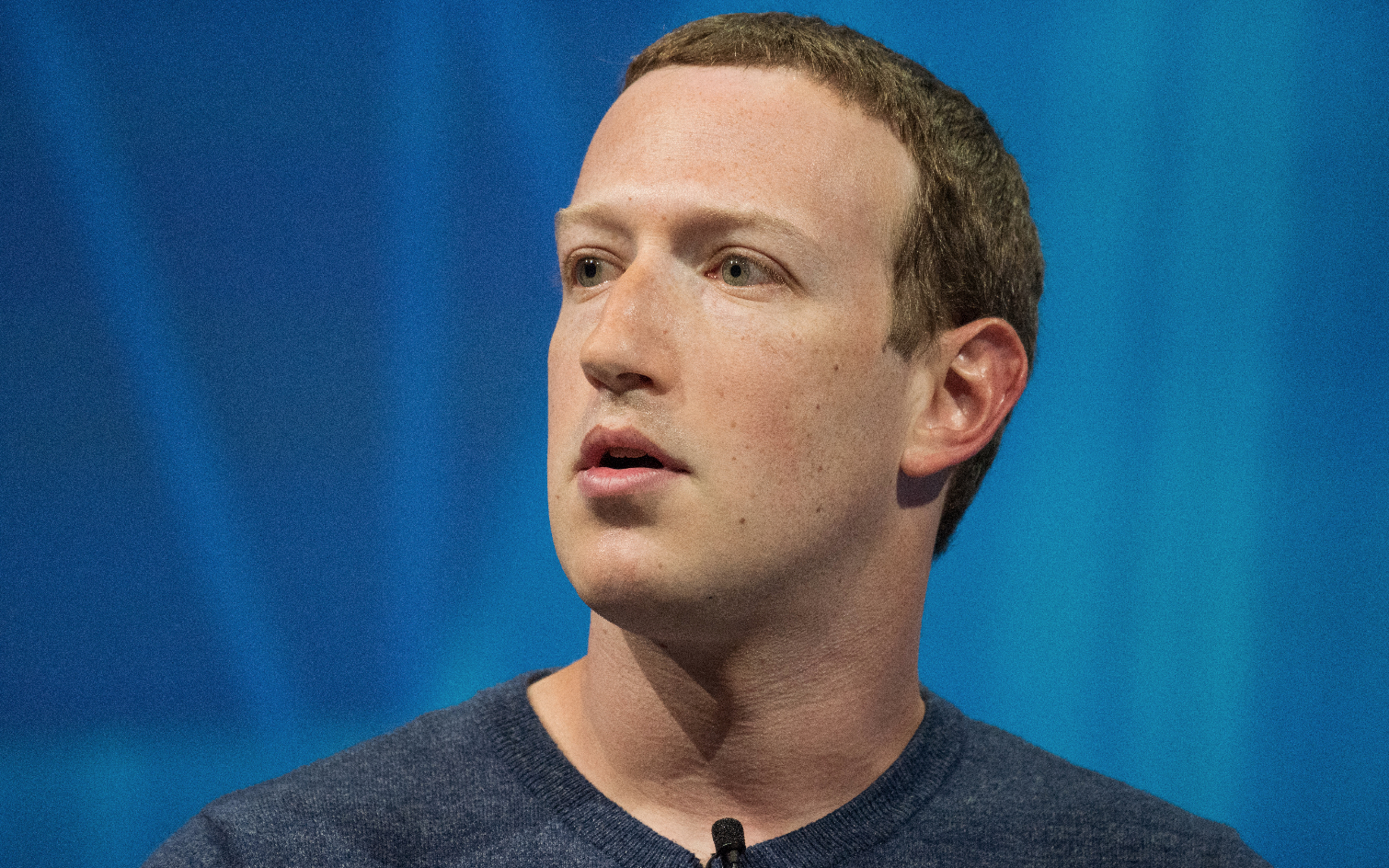Facebook’s Very Bad Week Gets Worse: Largest Market Loss Ever
Facebook is falling hard following its Q2 2018 earnings report that showed declining active users.
Update July 27 7:36 am ET: This story has been updated per Facebook's further plummeting.
Facebook CEO Mark Zuckerberg probably won't want one of those cute "On This Day" reminders to tell him about what happened this week.
By the end of the day Thursday (July 26), Facebook stock had plummeted 19 percent, erasing around $120 billion in value, after low second-quarter earnings shocked stockholders. MarketWatch reports that's both the largest single-day percentage drop ever, and the largest market value loss in a single day, as well.

While Facebook's daily active user (DAU) rates were actually up by 11 percent, that number represents global users, and CNBC reports it was less than the margin that Wall Street had presumed. Also, while DAUs were up (against Q1 2018) in areas Facebook labels as "Asia-Pacific" and "Rest of World" it lost 3 million DAU in Europe (282 million vs 279 million) and stayed flat in the US and Canada, at 185 million.
And things are about to get worse. On a call with analysts, Facebook chief financial officer David Wehner noted "Our total revenue growth rates will continue to decelerate in the second half of 2018, and we expect our revenue growth rates to decline by high single-digit percentages from prior quarters sequentially in both Q3 and Q4."
That's likely the last thing stockholders wanted to hear after the company failed to meet Wall Street's ad revenue projections, as the company announced earning $13.04 billion on ads, compared with the $13.16 billion that StreetAccount and FactSet estimated.
MORE: How to Stop Facebook From Sharing Your Data
Get instant access to breaking news, the hottest reviews, great deals and helpful tips.
This news isn't great for Facebook, but John Jackson, vice president of Consumer Research at the IDC market intelligence firm told me "It will be quite some time before Facebook approaches anything resembling broad irrelevance."
What's to blame for these poor numbers? It's probably not GDPR, as Facebook chief operating officer Sheryl Sandberg told analysts that "GDPR has not had a significant (ad) revenue impact. While the #DeleteFacebook movement, which stemmed from the Cambridge Analytical scandal, may be fresh in some minds, there's nothing in the water to suggest that's the case either.
Facebook's troubles may be squarely-focused on younger users abandoning ship. Jackson told me that "clearly we’ve seen different demographics – mostly younger – spending more time on services like Instagram and Snapchat."
An eMarketer report from February pointed to Snapchat — it's not dead yet — pulling users away, with Facebook making up for those losses with older users. That same report claimed that 2018 will see "the number of US Facebook users ages 11 and younger will decline by 9.3 [percent]," while "the number of users ages 12 to 17 and 18 to 24 will decrease by 5.6 [percent] and 5.8 [percent], respectively."
A Pew Research Center poll published in May added more fuel to that claim, with more teens saying they use Snapchat (as well as YouTube and Instagram) than Facebook.
Jackson told me "It is logical to think at some point FB will hit a saturation point, and that the core FB experience cannot be all things to all market segments," and said this is why "Facebook (like Amazon, Google, and others such as Alibaba and Tencent) have multi-service or 'multi-graph' strategies," comprised of the core Facebook experience, as well as Instagram, WhatsApp, Groups and Messenger.

Henry was a managing editor at Tom’s Guide covering streaming media, laptops and all things Apple, reviewing devices and services for the past seven years. Prior to joining Tom's Guide, he reviewed software and hardware for TechRadar Pro, and interviewed artists for Patek Philippe International Magazine. He's also covered the wild world of professional wrestling for Cageside Seats, interviewing athletes and other industry veterans.
